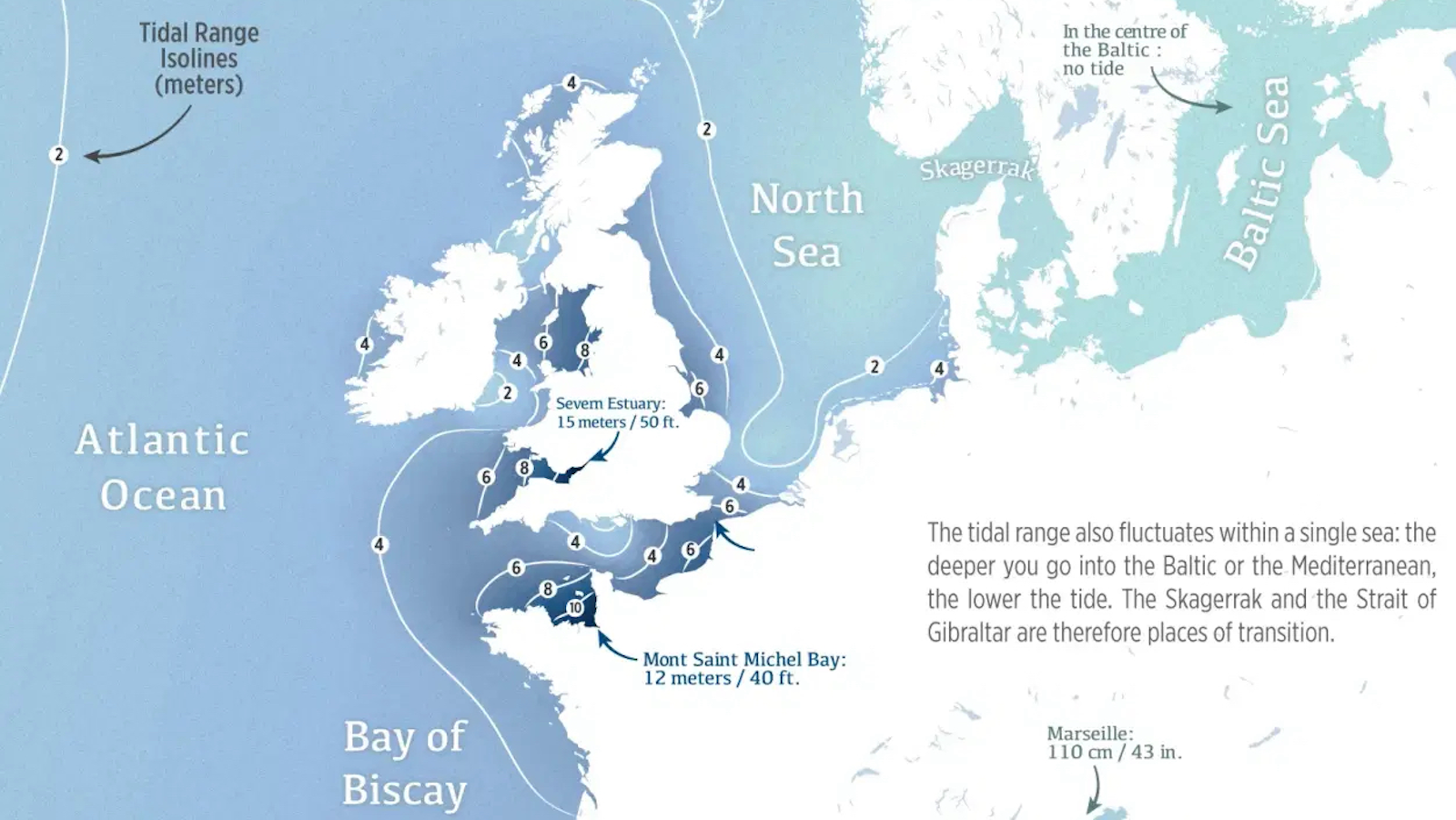Upmanu Lall: As is often brought up, the people in the more affluent countries, or the rich, have a much higher per capita consumption of water as well as other resources. So, do I have an external impact by doing that kind of consumption on others? Of course you do. It's the haves-and-the-have-not story in its most magnificent structure. If you decide that you have a responsibility to take care of others who are less fortunate than you, at least in terms of their basic needs, and you’re providing the resources to do that, I think that is one way to buy happiness out of your own consumption story.
That, I think, has worked as a mantra for us for much of the 20th century. The question is that when you start looking at levels of population that push the sustainability limits of the planet, can you still continue to do so? And I think the answer is obviously not, and everybody will have to scale back. And the debate that comes with that is that, well, okay, so I am in an affluent country and I'm consuming more per capita, but I only have one or two children and why is that person in the developing country insisting on having seven or eight children? They are creating an externality back for me, so if I look at their total consumption at the family unit rather than at the individual, I'm balanced.
So that adds another wrinkle to that story, and I think this is why it’s important that we start looking at resource issues from a global perspective rather than a country perspective or an individual perspective. Once we get into that then some of the issues that need to be dealt with at the global scale become clear. They could be pricing structures. They could be what needs to be done to actually increase global productivity if we want to survive as a planet. But that’s where the perspective comes, and I think that really is an opportunity for collaboration amongst nations and not a competitive situation.
Directed / Produced by
Jonathan Fowler & Elizabeth Rodd
Dr. Upmanu Lall is the Director of the Columbia Water Center, and a leading expert on hydroclimatology, climate change adaptation, risk analysis and mitigation. His research has emphasized hydrology, water resource[…]
Related
What made Leonardo da Vinci last wasn’t magic — it was process — and his study of fluids can help us win the long game.
“The more uncertain and scary things get in the world, the more we as humans are drawn to simple dichotomies.”
▸
01:18:14 min
—
with
From anger to awe: How one woman overcame “debilitating trauma” to conquer a near-impossible 53-hour swim at 64.
▸
8 min
—
with
Great tidal ranges are relatively rare on a global scale — and can be very deadly to the unsuspecting foreshore walker.
Beef production is largely responsible for greenhouse gas emissions from the food system.





